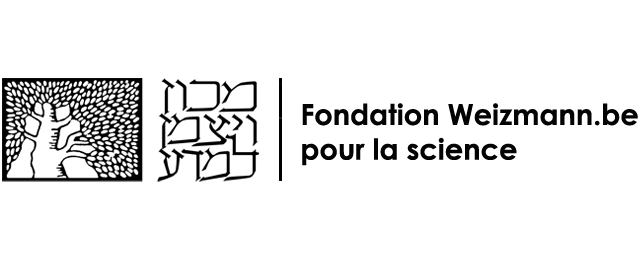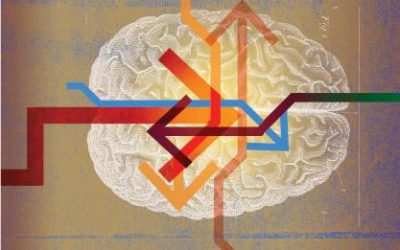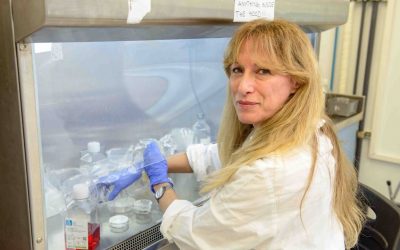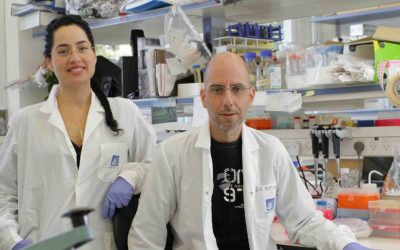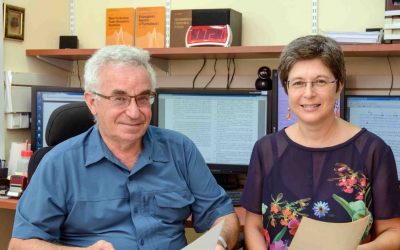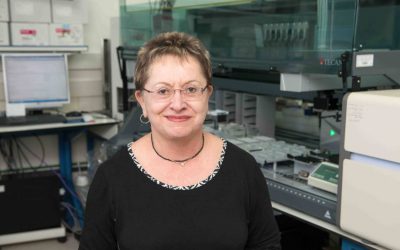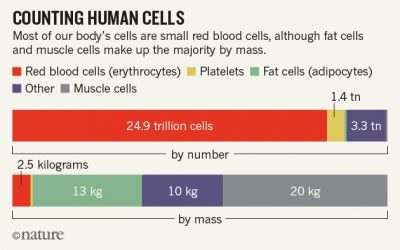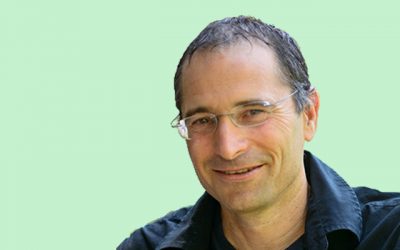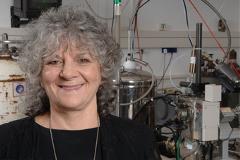Immune System Maintains Brain Health
In a dark room in Charlottesville, Virginia, a mouse swims in a small pool, searching for a place to rest. In 12 previous swims, with the help of visual cues and training from an experimenter, the mouse eventually tracked down a platform near the center of the pool....
How can damaged tissue be safely renewed?
Why is it that animals such as salamanders can regrow whole new organs – a tail for example – while we humans have limited damage-repair skills? Staff Scientist Dr. Rachel Sarig, who works with Prof. Eldad Tzahor’s group in the Molecular Cell Biology Department, says...
Blast of Thin Air Can Reset Circadian Clocks
We might not be aware of our internal “body clocks” until we are jetlagged, but scientists continue to puzzle over what drives them. Now, a study published on October 20 in Cell Metabolism has found that changes in surrounding oxygen levels can reset circadian clocks...
Super Current, Cooling Not Required
For over a century people have dreamed of materials in which so-called supercurrents would flow unimpeded – with no loss of energy over their length. Supercurrents do exist, but so far they can be created only at very low temperatures, some tens of degrees above...
What gives rise to recurring cancers?
Lab work can be a drag. “Sometimes we need to repeat an experiment over and over, or to try many different approaches until we find what works,” says Dr. Rivka Adar. “If I’m working on a project that has possible applications, I try to remind myself of the good things...
Scientists bust myth that our bodies have more bacteria than human cells
It's often said that the bacteria and other microbes in our body outnumber our own cells by about ten to one. That's a myth that should be forgotten, say researchers in Israel and Canada. The ratio between resident microbes and human cells is more likely to be...
Co-ChIP Reveals Genomic Mixed Messages
Consider the growing embryo: All its cells share the same genes, but they have entirely different fates, ultimately specializing to make up the brain, liver, kidneys or other body organs. It’s as if all the cells contain the same “book” – that is, the genome – but...
UN Talks Superbugs; Weizmann Takes Action
One of the biggest advances in the history of humankind is the development of antibiotics. They have saved untold millions of lives; rendered toothless diseases that were killers for millennia; and are one of the factors behind humanity’s increasingly long lifespan....
